101 Executive Mentoring
Mentoring, through the positive example of the Mentor, facilitates the transformation of latent abilities into visible skills! The results, therefore, in terms of awareness, motivation, and meaning-making, are truly powerful in terms of employability, active participation in society, and job search.
“Mentoring is a person-centered learning dialogue that aims more at the development of wisdom through reflective practice rather than simple knowledge transfer. Mentoring tends to be a medium-to-long-term relationship that focuses on career-related issues or other more holistic matters.
The mentor interacts with each individual or group by applying appropriate methods, based on ethical standards, and these methods can include role modeling, facilitating the exchange of recommendations, supporting network development, and interpreting the policies of an organization or a profession.”-Angelos Derlopas, MSc, MCC.

Benefits of mentoring programs for corporations:
There are numerous benefits for businesses when implementing mentoring programs. It contributes to:
- Developing successful managerial leaders.
- Increasing employee productivity.
- Reducing employee turnover.
- Cultivating a culture of learning within the organization.
In some cases, mentoring is implemented as part of modern management practices with a focus on diversity management.
One practical benefit is the mapping of structural and cultural factors (corporate culture) that influence the progression of individuals into managerial positions. Additionally, connecting the individual goals of mentees with the goals of the organization provides the best opportunities for success while also creating a significant reserve of talent, knowledge, motivation, and skills for the business.
Benefits of mentoring programs for mentees:
This relationship can serve as a lever for their professional and personal development, as it provides them with the opportunity to:
- Develop their professional skills.
- Increase their self-confidence.
- Improve their effectiveness.
- Expand their personal and professional networks.
- Socialize more quickly and easily within the organization.
- Find satisfaction in their work.
- Achieve promotions more easily.
- Obtain higher remuneration.
- Have greater professional mobility.
- Have a range of alternative employment options, and ultimately
- Achieve the professional goals they have set.
In other cases (educational mentoring), they are given the opportunity to acquire new knowledge, professional, and social skills through apprenticeships (on-the-job training) and small projects that they undertake to implement.
Additionally, mentoring can serve as a tool to assist with life management, which means providing support for the planning and creative management of life stages, as well as transitioning into new roles that we all encounter during our work lives. Through the mentor’s support, the transmission of positive feelings – respect, appreciation – and the demonstration of empathy for their problems and concerns, the mentor empowers the mentees.

Implementation methodology for mentoring sessions.
Of central importance are:
- Building a relationship of mutual trust.
- Clearly articulating the desired goal.
- Mutual recognition and acceptance of the completion and termination of the mentoring relationship.






